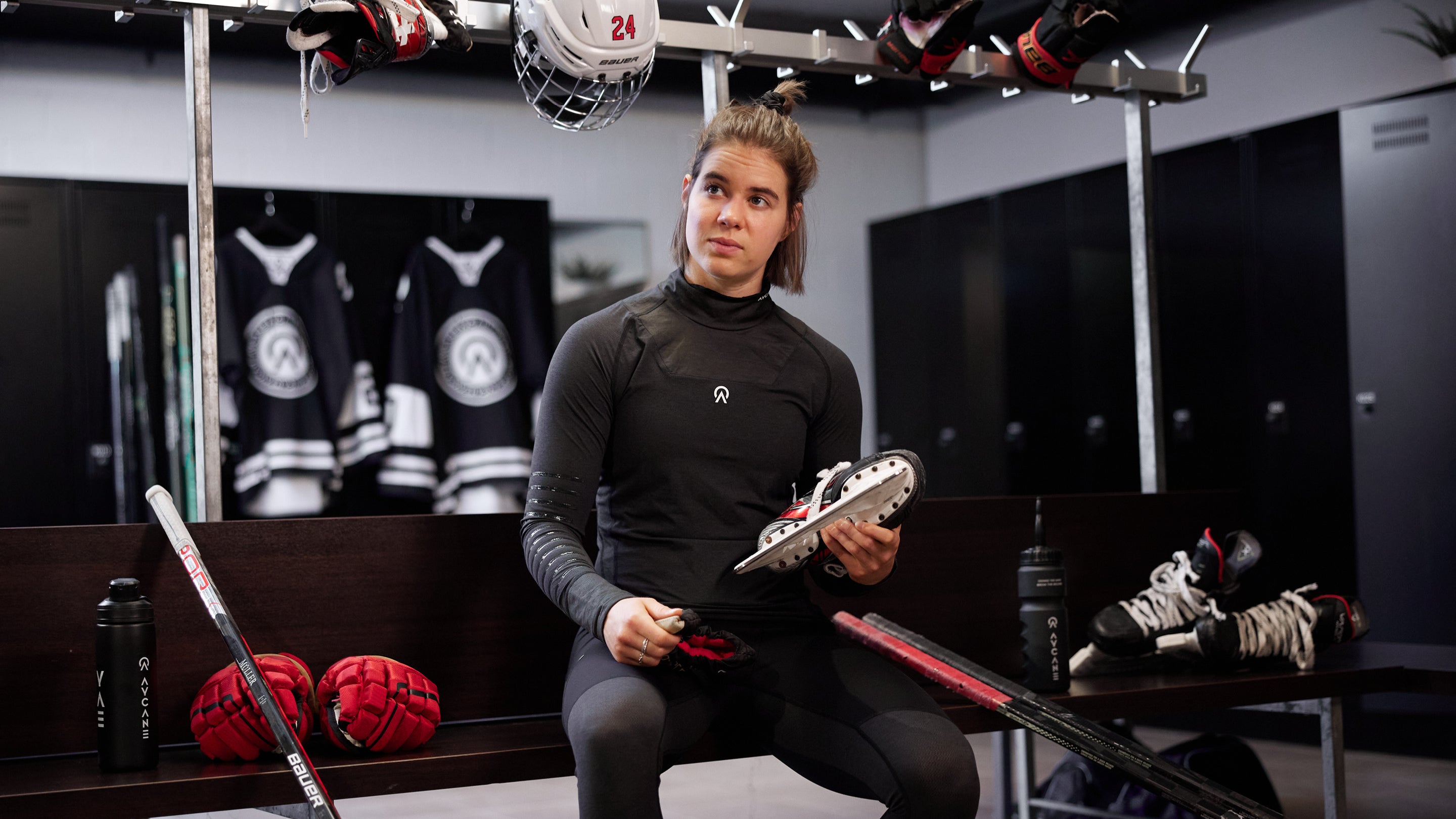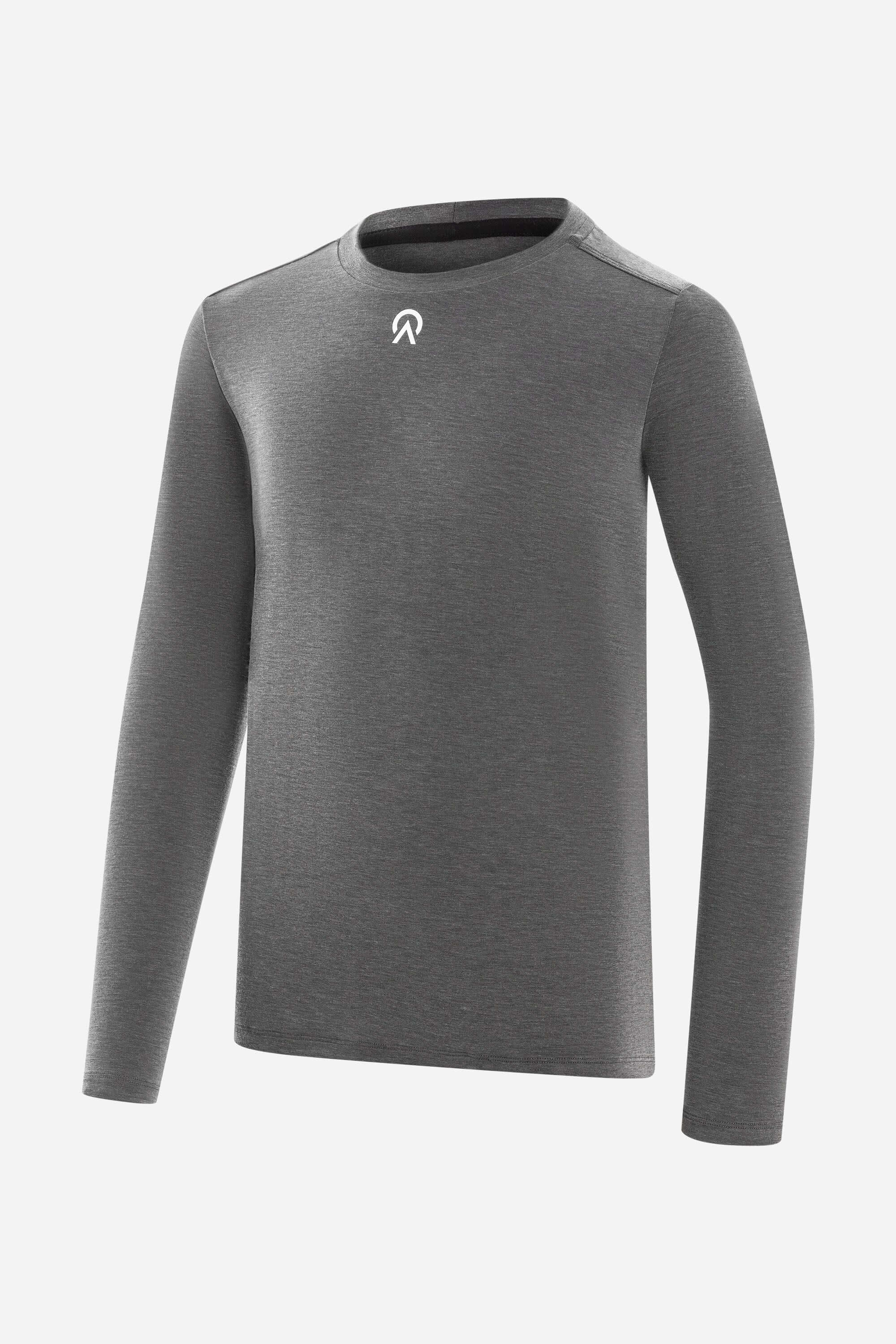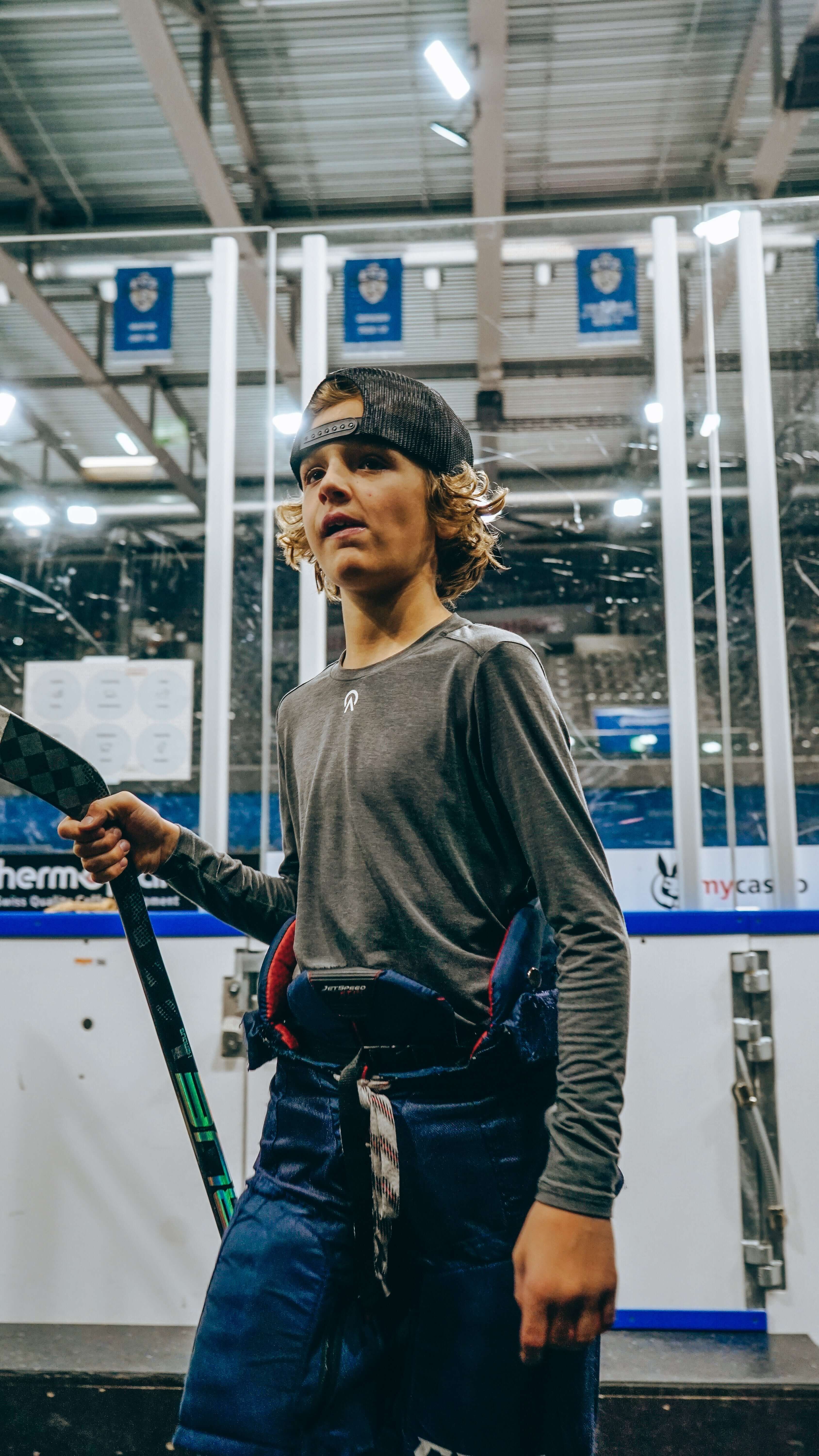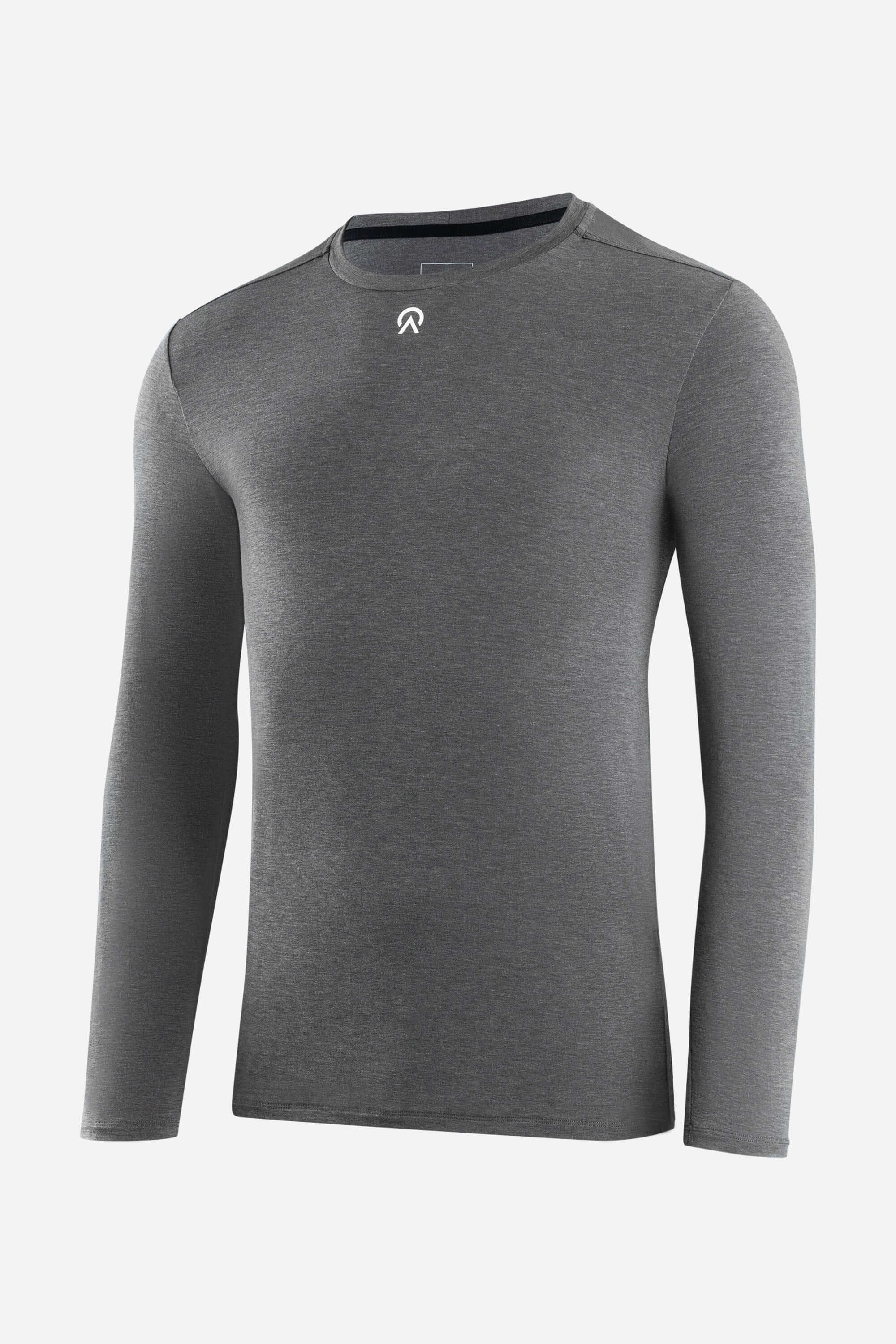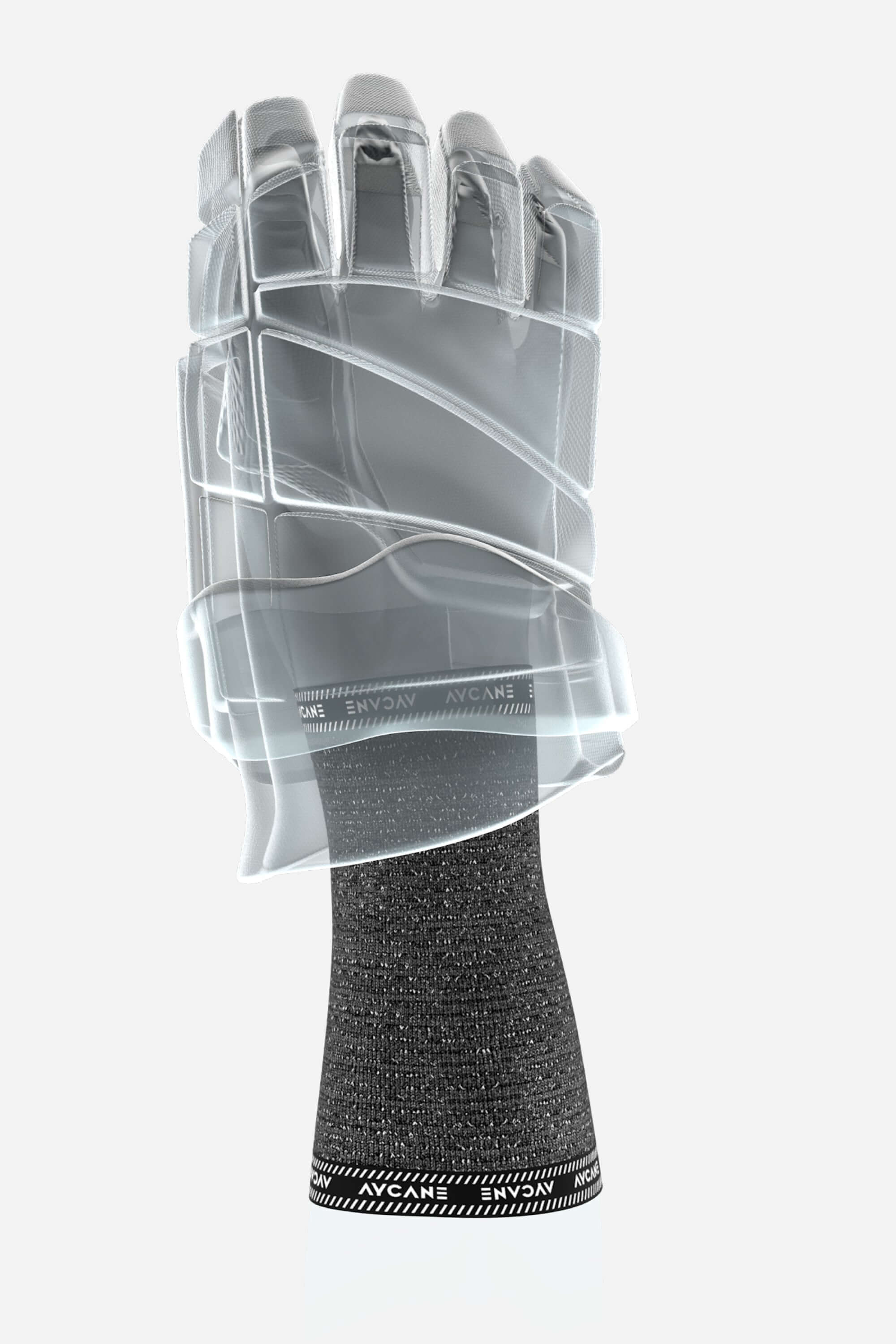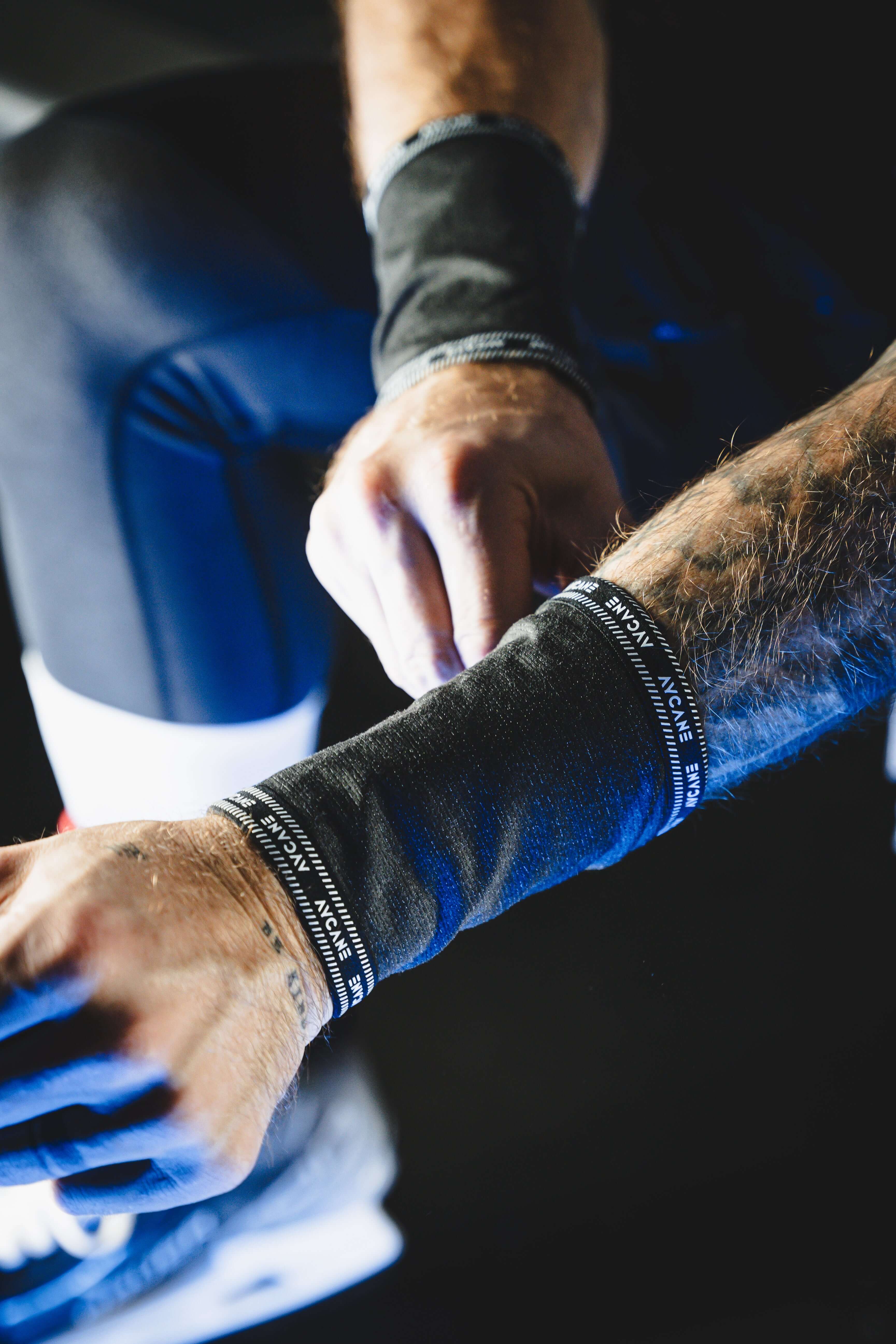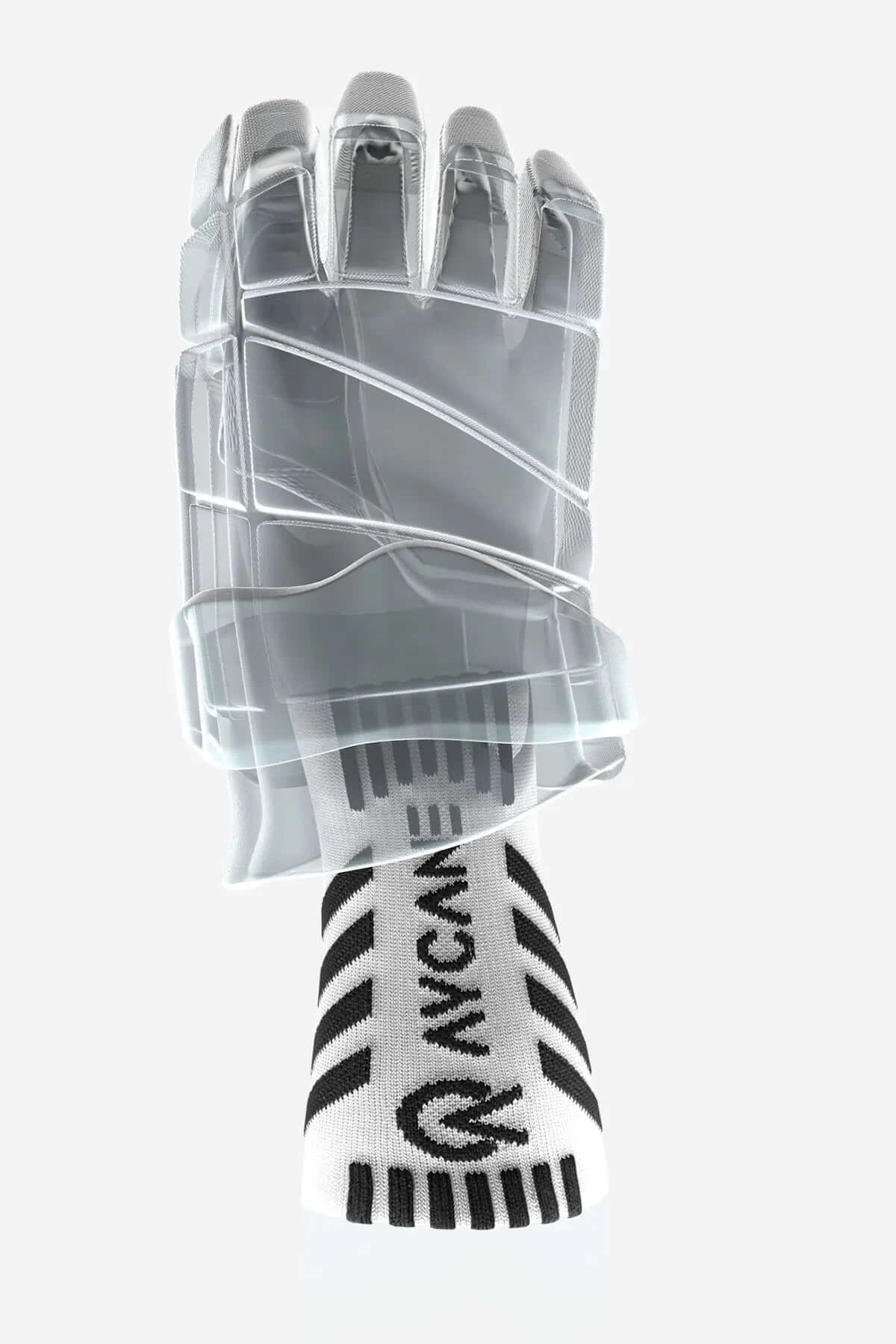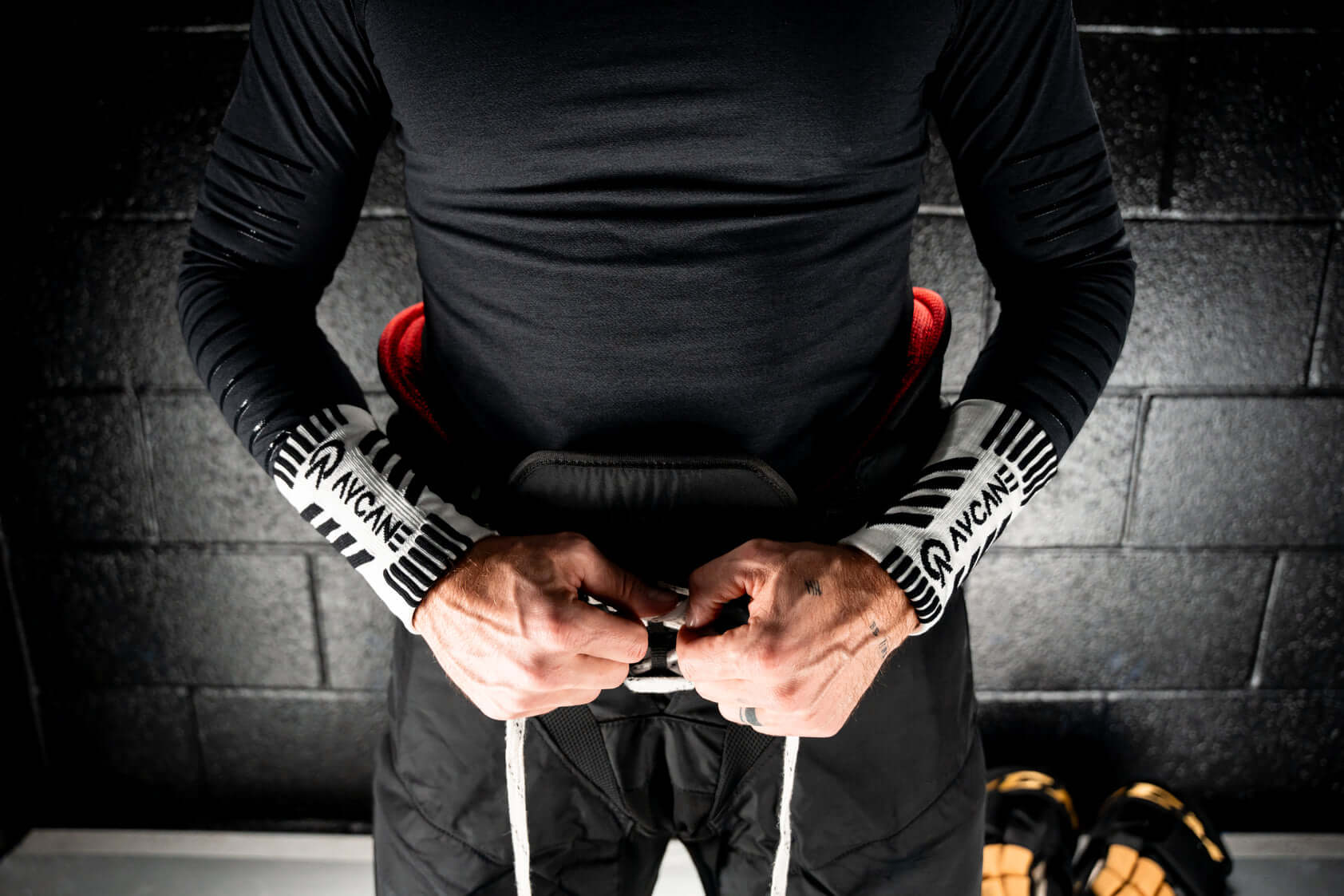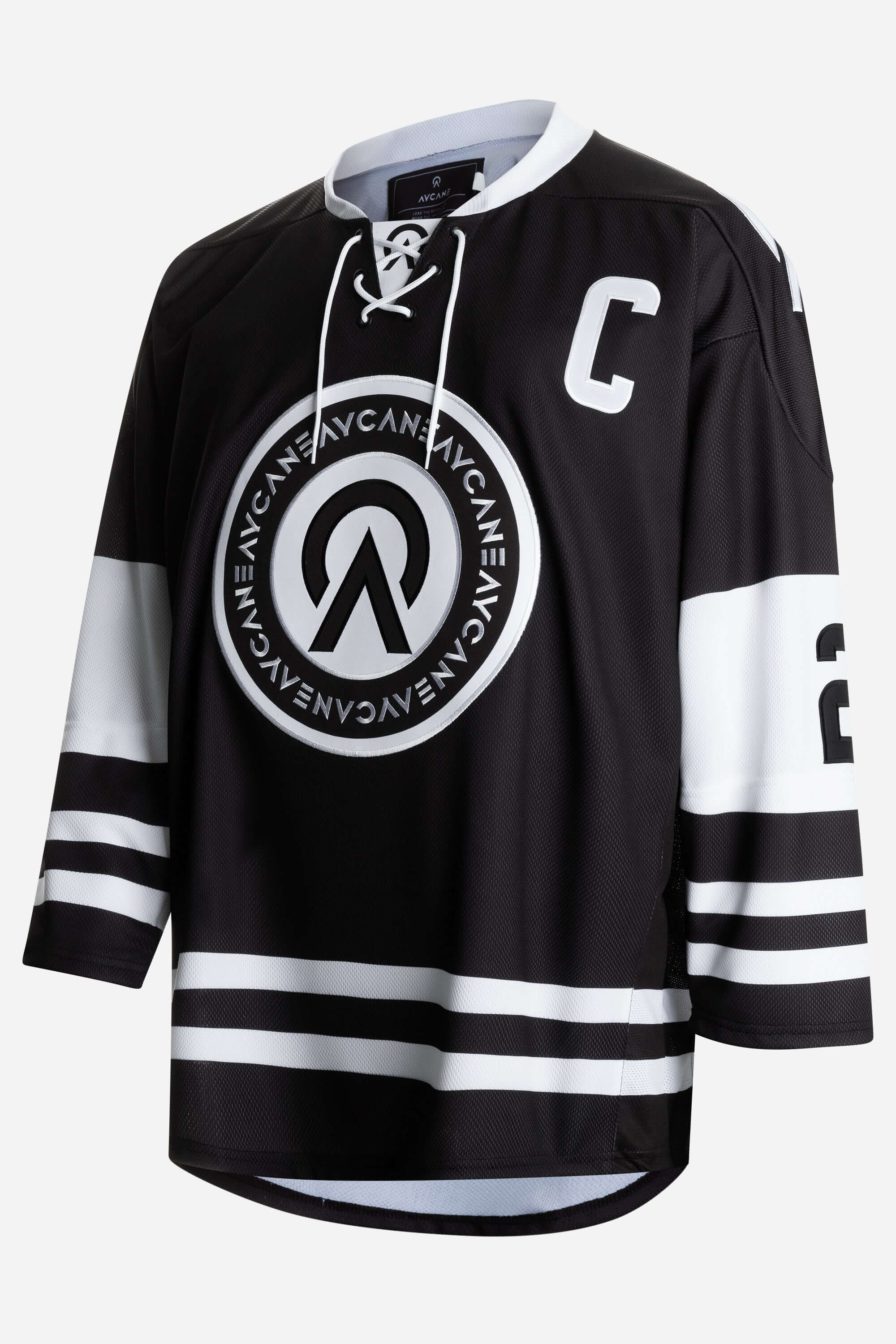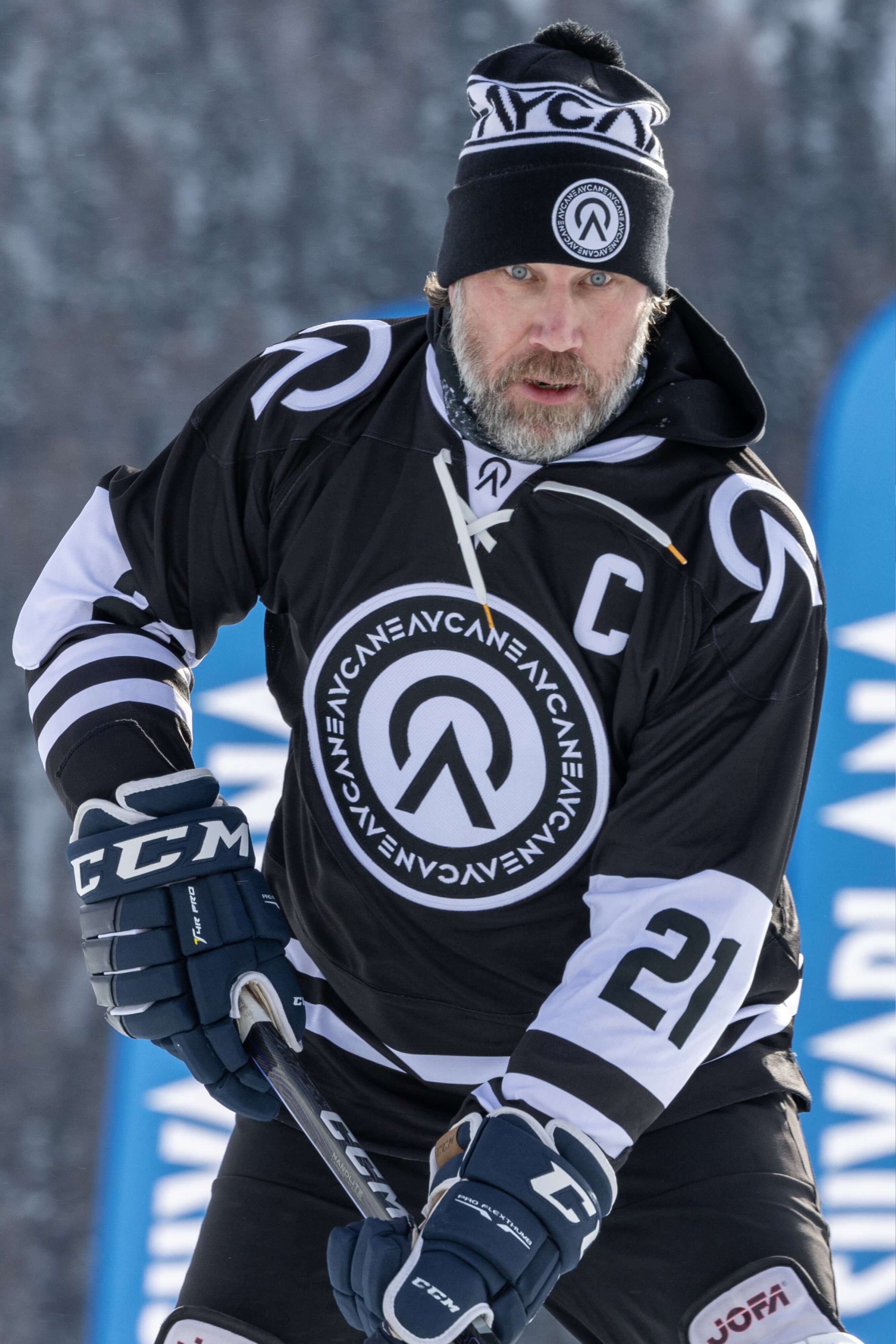Hockey Etiquette: The Do's and Don'ts of Being a Good Teammate
Ice hockey is more than just a sport; it's a team-oriented, fast-paced game that relies on cooperation and camaraderie.

Being a good teammate isn't just about scoring goals or making big saves—it's about fostering a positive team environment and contributing to your team's success both on and off the ice. In this blog post, we'll explore the essential do's and don'ts of being a good teammate in the world of ice hockey.
The Do's of Being a Good Teammate
1. Communicate Effectively
Communication is key in hockey. On the ice, this means constantly talking to your teammates—calling for passes, providing updates on the play, and offering encouragement. Off the ice, it involves open and respectful dialogue with coaches, fellow players, and team staff.
2. Show Respect
Respect your coaches, fellow players, opponents, and officials. Respect for the game includes following the rules, shaking hands with opponents after a game, and showing appreciation for the hard work of your coaches and volunteers.
3. Support Your Teammates
Be there for your teammates in both good times and bad. Celebrate their successes and offer a helping hand when they face challenges. Team spirit is built on a foundation of mutual support.
4. Work Hard
Hockey requires dedication and effort. Give your best at practices and games, and lead by example through your commitment to improving your skills and fitness.
5. Stay Positive
Maintain a positive attitude, even when facing adversity. A positive outlook can uplift your team's spirits and help everyone perform at their best.
The Don'ts of Being a Good Teammate
1. Don't Show Poor Sportsmanship
Losing gracefully is just as important as winning gracefully. Avoid taunting, trash-talking, or engaging in unsportsmanlike behavior. Remember that hockey is a game, and the goal is to have fun and compete with integrity.
2. Don't Hog the Spotlight
While it's great to score goals and make highlight-reel plays, avoid being a puck hog. Hockey is a team sport, and sharing the puck and responsibilities with your teammates is essential for success.
3. Don't Blame Others
Mistakes happen in hockey. Instead of pointing fingers or assigning blame, focus on solutions and ways to improve as a team. Constructive feedback is more valuable than criticism.
4. Don't Ignore Safety
Safety should always be a top priority. Respect the rules and regulations of the game, wear proper protective gear, and prioritize the safety of yourself and your teammates.
5. Don't Disregard Team Rules
Every team has its rules and guidelines, whether it's related to punctuality, practice attendance, or behavior. Follow these rules to maintain team discipline and cohesion.
In conclusion, being a good teammate in ice hockey is about more than just your skills on the ice. It's about fostering a positive team culture, respecting others, and working together to achieve success. By following these do's and don'ts, you can contribute to a more enjoyable and successful hockey experience for yourself and your teammates. Remember, a strong team is built on the foundation of strong individuals who understand the importance of teamwork and sportsmanship.


